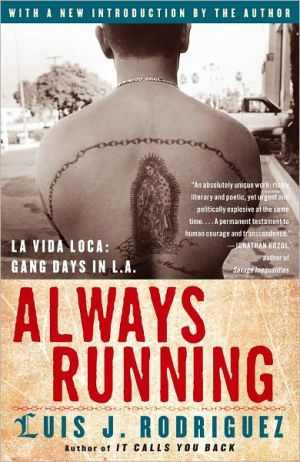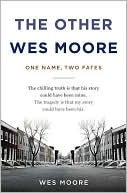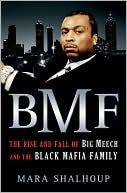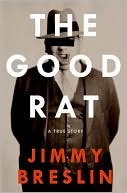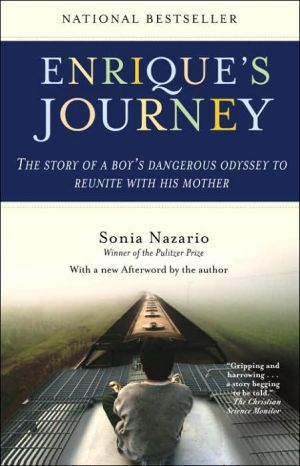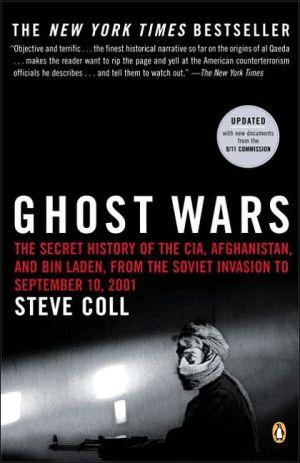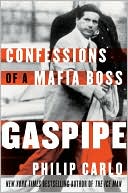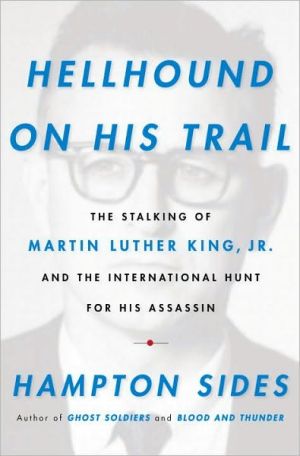Always Running: La Vida Loca: Gang Days in L. A.
The award-winning and bestselling classic memoir about a young Chicano gang member surviving the dangerous streets of East Los Angeles, now featuring a new cover.\ Winner of the Carl Sandburg Literary Award, hailed as a New York Times notable book, and read by hundreds of thousands, Always Running is the searing true story of one man’s life in a Chicano gang—and his heroic struggle to free himself from its grip.\ By age twelve, Luis Rodriguez was a veteran of East Los Angeles gang warfare....
Search in google:
By age twelve, Luis Rodriguez was a veteran of East L.A. gang warfare. Lured by a seemingly invincible gang culture, he witnessed countless shootings, beatings, and arrests, then watched with increasing fear as drugs, murder, suicide, and senseless acts of street crime claimed friends and family members. Before long, Rodriguez saw a way out of the barrio through education and the power of words and successfully broke free from years of violence and desperation. Achieving success as an award-winning Chicano poet, he was sure the streets would haunt him no more -- until his son joined a gang. Rodriguez fought for his child by telling his own story in Always Running, a vivid memoir that explores the motivations of gang life and cautions against the death and destruction that inevitably claim its participants. At times heartbreakingly sad and brutal, Always Running is ultimately an uplifting true story, filled with hope, insight, and a hard-learned lesson for the next generation. Publishers Weekly As the preface of this admirable but ultimately disappointing memoir states, Rodriguez, an award-winning poet and publisher of the small press Tia Chucha, decided to document his youth as an East Los Angeles gang member in an effort to steer his teenaged son, Ramiro, away from the gang that he recently joined. A member of various Latino gangs based in and around the South San Gabriel Valley during the late 1960s, Rogriguez participated in random acts of violence, and was imprisoned on several occasions for the crimes he committed. Unfortunately, he offers frustratingly little detail behind the facts of his life and activity in the gangs. Rodriquez presents colorful characters and highly charged events, such as shootings, Mexican funerals, rapes and arrests, but his writing style renders much of that rich material forgettable. (Feb.)
CHAPTER ONE"Cry, child, for those without tears have a grief which never ends."Mexican sayingThis memory begins with flight. A 1950s bondo-spackled Dodge surged through a driving rain, veering around the potholes and upturned tracks of the abandoned Red Line trains on Alameda. Mama was in the front seat. My father was at the wheel. My brother Rano and I sat on one end of the back seat; my sisters Pata and Cuca on the other. There was a space between the boys and girls to keep us apart."Amá, mira a Rano," a voice said for the tenth time from the back of the car. "He's hitting me again."We fought all the time. My brother, especially, had it in for La Pata -- thinking of Frankenstein, he called her "Anastein." Her real name was Aha, but most of the time we went by the animal names Dad gave us at birth. I am Grillo, which means cricket. Rano stands for "rana," the frog. La Pata is the duck and Cuca is short for cucaracha: cockroach.The car seats came apart in strands. I looked out at the passing cars which seemed like ghosts with headlights rushing past the streaks of water on the glass. I was nine years old. As the rain fell, my mother cursed in Spanish intermixed with pleas to saints and "la Santísima Madre de Dios." She argued with my father. Dad didn't curse or raise his voice. He just stated the way things were."I'll never go back to Mexico," he said. "I'd rather starve here. You want to stay with me, it has to be in Los Angeles. Otherwise, go."
\ From the Publisher"An absolutely unique work: richly literary and poetic, yet urgent and politically explosive at the same time...A permanent testament to human courage and transcendence." \ — Jonathan Kozol, author of Savage Inequalities\ "Rodriguez's account of his coming of age is vivid, raw...fierce, and fearless...Here's truth no television set, burning night and day, could ever begin to offer."\ — Gary Soto, The New York Times Book Review\ "Every spiky anecdote from a life of guns, razors, uppers, downers, glue, heroin, sex, and early death supports this former gang member's view of the violence as collective suicide. That Rodriguez's memoir takes place...before the '92 L.A. riots only makes this beautifully written and politically astute account more compelling."\ — Suzanne Ruta, Entertainment Weekly\ "Extraordinarily haunting and evocative."\ — Paul Ruffins, The Washington Post Book World\ \ \ \ \ \ Publishers Weekly - Publisher's Weekly\ As the preface of this admirable but ultimately disappointing memoir states, Rodriguez, an award-winning poet and publisher of the small press Tia Chucha, decided to document his youth as an East Los Angeles gang member in an effort to steer his teenaged son, Ramiro, away from the gang that he recently joined. A member of various Latino gangs based in and around the South San Gabriel Valley during the late 1960s, Rogriguez participated in random acts of violence, and was imprisoned on several occasions for the crimes he committed. Unfortunately, he offers frustratingly little detail behind the facts of his life and activity in the gangs. Rodriquez presents colorful characters and highly charged events, such as shootings, Mexican funerals, rapes and arrests, but his writing style renders much of that rich material forgettable. (Feb.)\ \ \ School Library JournalYA-- Rodriguez tells the story of his youth in the 1970s in South East Los Angeles. Although his parents supported him, they seemed to lose hold when he slipped into street life, which led to a conviction and jail sentence. Finally, he bonded with a neighborhood organizer who never lost faith in Rodriguez's one-step-forward--two-steps-back ``dance'' toward a future as a journalist, poet, and organizer. Beginning and ending with an essay on the socioeconomic roots of the current violence in Los Angeles, the author makes sense as observers who haven't lived through it cannot. Although grim, Always Running never loses its poetic overtones.-- Virginia Ryder, West Potomac High School, Fairfax County, VA\ \
